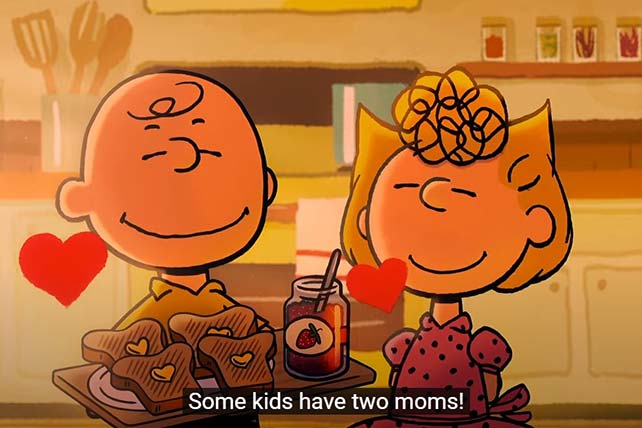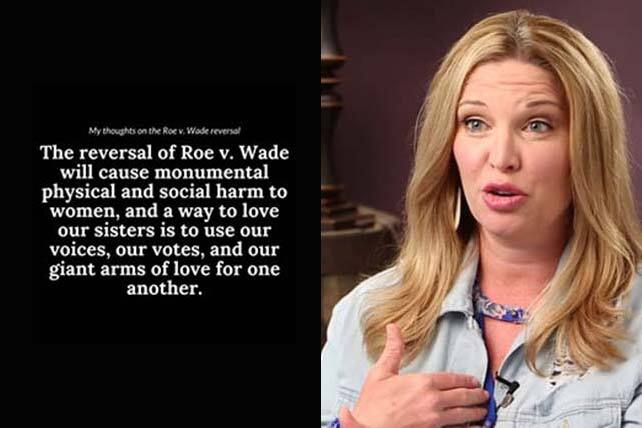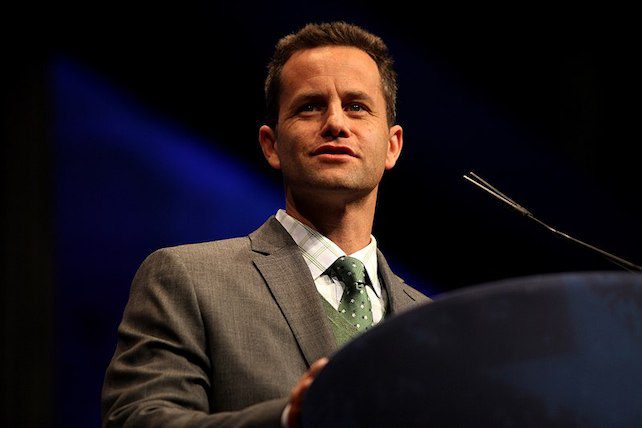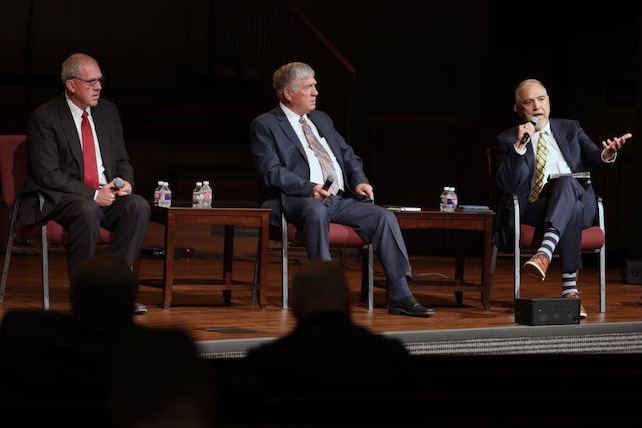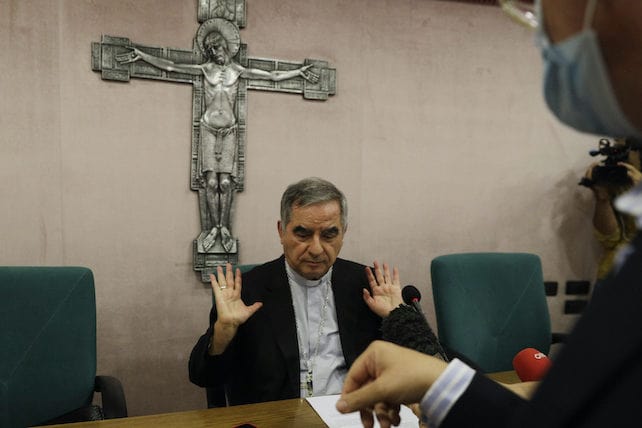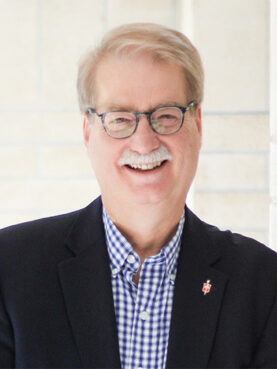When God chooses one of us for His plan, the chosen one is often not who we might have expected. Throughout history, God has proved He uses the most unlikely people for the greatest of purposes. From Mary, the mother of Jesus, to the Apostle Paul, individuals who seem to have no place being instrumental in God’s plan, find themselves exalted. It just goes to show the transforming power of God’s love and His radically different view of those we’d consider “unlikely.”
The proof is evident throughout the Bible. My series called, “Unlikely Fighters of the Bible” highlights this truth with ten stories where the heroes are not what we might expect.
An Unlikely King
The mere idea of a king is one of grandeur. Kings are firstborn of royalty and raised in palaces where they are trained on how to lead and rule. Then there was King David, who was the youngest of eight, the meekest of the lot, and a shepherd. And this boy would be chosen to be one of the greatest kings who ever lived.
An Unlikely Mother
One might expect the one who would give birth to the Savior would be living in luxury, capable of raising the Messiah with the support of a staff and community. Instead, God chose a poor girl from a town considered to be disreputable who wasn’t even married when she conceived. This girl would give birth to Jesus Christ.
An Unlikely Disciple
When Jesus walked the Earth, he had a few short years to lay the groundwork for His followers, so it would only make sense to choose those who were embodiments of devotion and obedience to ensure there were no issues in the formation of the early Church. But instead, he chose Simon Peter, who seemed to make every mistake possible.
Unlikely Revolutionaries
Not everyone can change the mind of an absolute ruler who harbors no qualms about brutally killing any who dare defy him. God needed one such king to change and chose a few guys to be the ones to do it. Not warriors to lead a revolution or prophets to minister, but three of devout heart to prove the power of faith and the righteousness of God.
An Unlikely Queen
Imagine you were aware your entire people were about to be slaughtered and should you speak out against it, you very well might meet the same fate. Ester was a poor girl who became a queen and found herself in this exact situation. Faith guided her to a position of power, which no one would have expected, and now was the time to prove herself.
An Unlikely Apostle
Persecution. Torture. Execution. These were three traits one might use to define the profession of Saul, who relentlessly hunted down Christians. Someone filled with hate and cruelty would seem to be far beyond saving, much less be used by God. But it is in the nature of God that no one is beyond transformation and use.
An Unlikely Follower
If you had the choice between comfort and poverty, which would you choose? Well for Ruth the answer was clear: poverty. In choosing poverty she chose to remain close to a community which trusted in and loved the Lord. For her faithfulness, she was blessed with more than she would have ever found if she chose the easy option, and even had a hand in the salvation of the world.
An Unlikely Host
Something remarkable about when Jesus walked the Earth was who He chose to spend time with. When a little, and very unpopular, tax collector went to the length of climbing a tree just to get a look at Jesus, Jesus amazed everyone by calling him down and inviting himself to be a guest at the tax collector’s house. The outcast of outcasts was chosen by Jesus.


